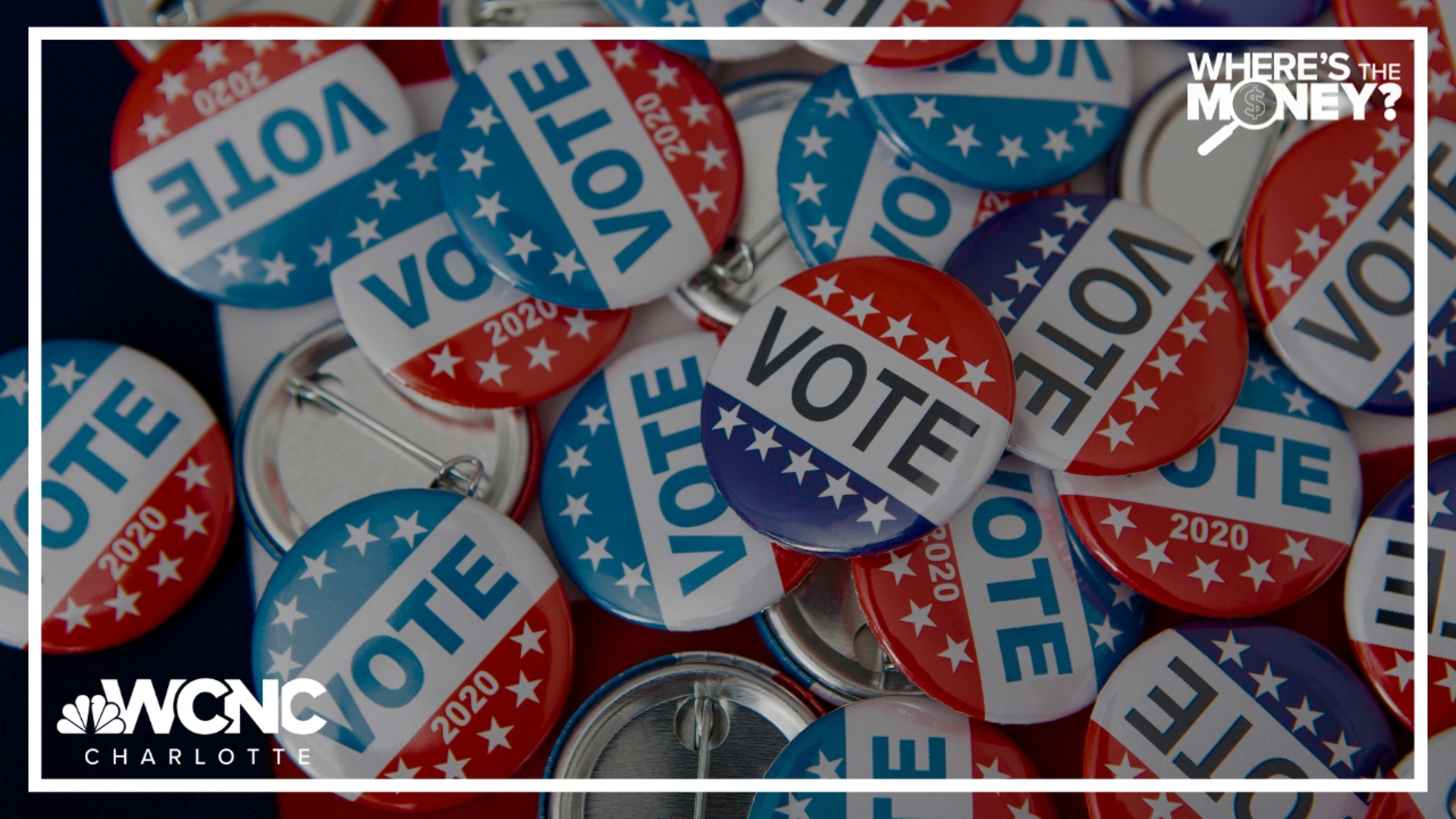CHARLOTTE, N.C. — Voters may see more political scams as November 5, Election Day, edges closer. The Better Business Bureau said it's because scammers usually take note of major national events -- including elections.
One of the main ways fraudsters target voters is by email. They may mimic candidates or political parties and ask people to donate money or participate in a survey.
"[Scammers] will send you an email unsolicited and hope that you will click on the email either downloading malware to your computer or provide them personal information," Juliana O'Rork with the BBB said.
Voters are encouraged to verify links before clicking on them.
Scammers are also reaching out by phone. Just as with emails, they can pretend to be candidates by using voice cloning. Avoid answering calls from unknown numbers. People should also research the organization that reached out before making a donation or sharing any information.
This time of year, people have seen an increase in text encouraging them to vote. The BBB warns voters to look out for the text-to-vote scam. It's when fraudsters urge people to text their vote rather than voting in person or by mail. According to the BBB, this could impact voter turnout.
"Not only are you pretending to vote, you're probably not going to show up in person on the day of to actually vote," O'Rork said. "Therefore, you kind of forfeit your opportunity to be heard."
Voters should also remember that legitimate pollsters do not ask for personal information like birth dates or Social Security numbers. Pollsters also do not offer prizes for responding to a survey.
Ultimately, voters should trust their gut when they come across any political messages they receive.
"If it doesn't feel right, it's probably because it is not," O'Rork said.
Contact Jane Monreal at jmonreal@wcnc.com and follow her on Facebook, X and Instagram.

